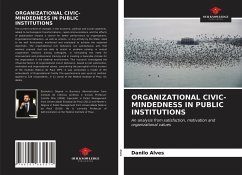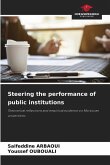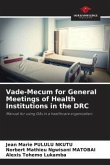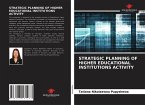The current context of changes in the economic, political and social segments, added to technological transformations, rapid communications and the effects of globalization impose a search for better performance by organizations. Organizational behaviors, as well as actions, or any activity by the State, need to be well formulated, monitored and evaluated to achieve the expected objectives. The organizational civic behaviors are spontaneous acts that workers present that are able to assist in problem solving, in mutual cooperation relations among colleagues, in stimulating the need for improvement and professional training and in creating a favorable climate for the organization in the external environment. This research investigated the influential factors of organizational civism behaviors, based on job satisfaction, motivation and organizational values, considering the perception of the servers of the Instituto Federal do Piauí (IFPI). It was presented a model of the antecedents of Organizational Civility. The questionnaire was used as method, applied to 324 respondents, in 11 campi of the Federal Institute of Piauí. Os dados
Hinweis: Dieser Artikel kann nur an eine deutsche Lieferadresse ausgeliefert werden.
Hinweis: Dieser Artikel kann nur an eine deutsche Lieferadresse ausgeliefert werden.








